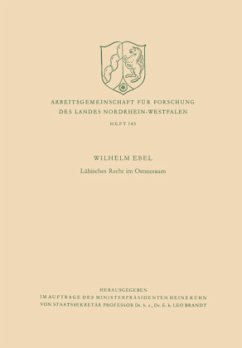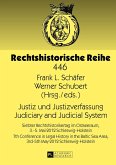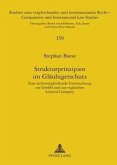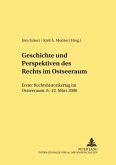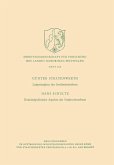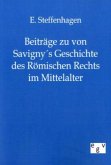Since the 12th century the map of Germany began to cover itself with hundreds of cities, townships with a certain though limited degree of auto nomy. This meant a new aggravation of the dis integration of legal unity that was already under way. This phenomena was, however, modified by the formation of families of communallaw, where the law of a mother-city was simply transferred to a various number of daughter-cities. Simultane ously arose the obligation for the mother-city to inform in the future her daughter-cities about her practice in contentious matters. As a superior court she became a sort of appeal tribunal. This system expanded widely along with German colonisation in eastern Europe. Here, Magdeburg and Lubeck became the major superior courts. The law-family of Magdeburg extended from Silesia, Teutonic Prussia and Poland deep down into Russia. Lubeck, on the other hand, became the mother-city of the laws of about one hundred German cities, from Kiel to Reval, along the southern shore of the Baltic Sea. The imperial city of Lubeck being at the same time the head of the German Hanse, her law was also law in the counters of the Hanse (St. Peterhof in Novgorod, Deutsche Brücke in Bergen in Norway and others more). Con sequently, the council of Lubeck was, since 1295, their uppermost instance.
Hinweis: Dieser Artikel kann nur an eine deutsche Lieferadresse ausgeliefert werden.
Hinweis: Dieser Artikel kann nur an eine deutsche Lieferadresse ausgeliefert werden.

